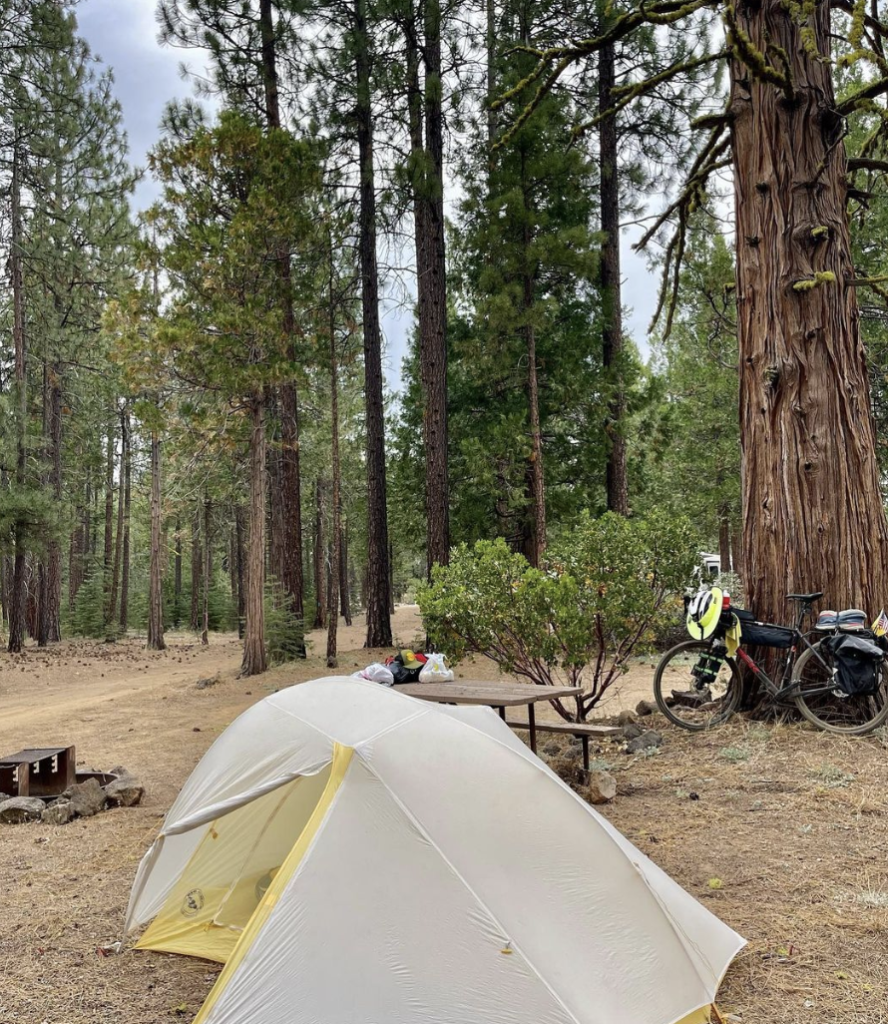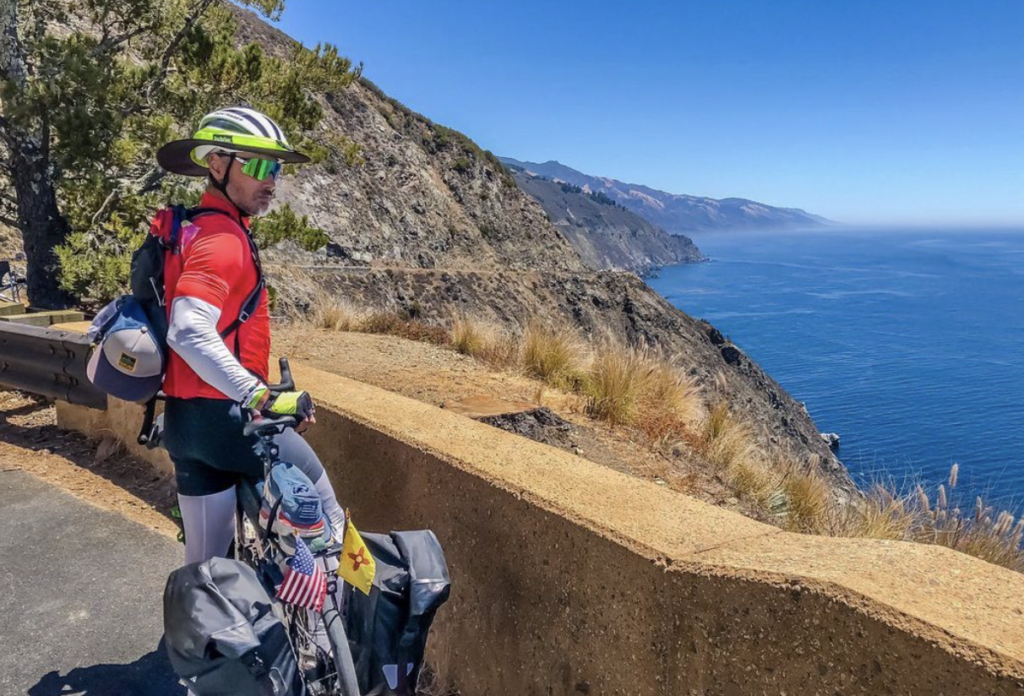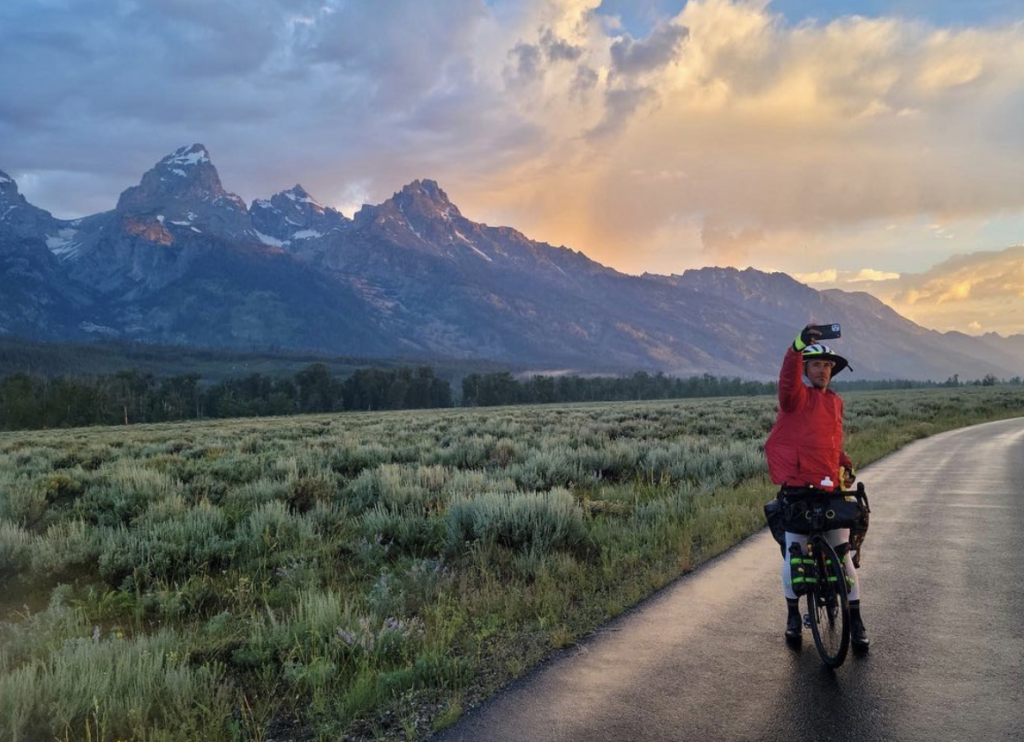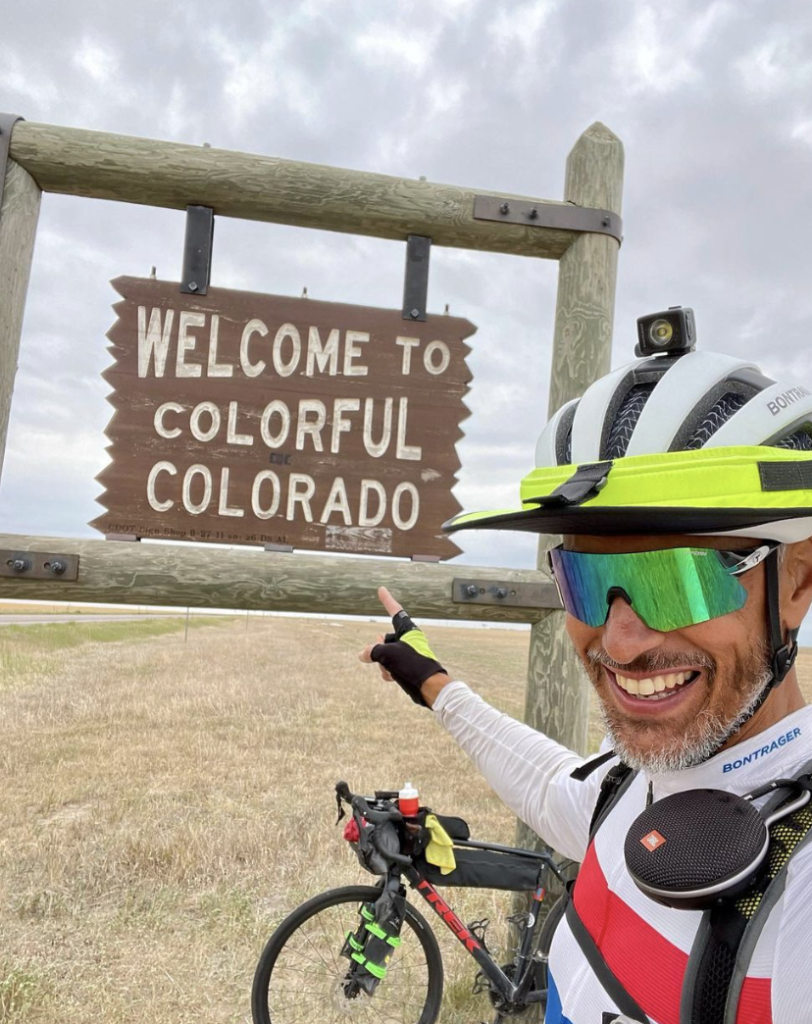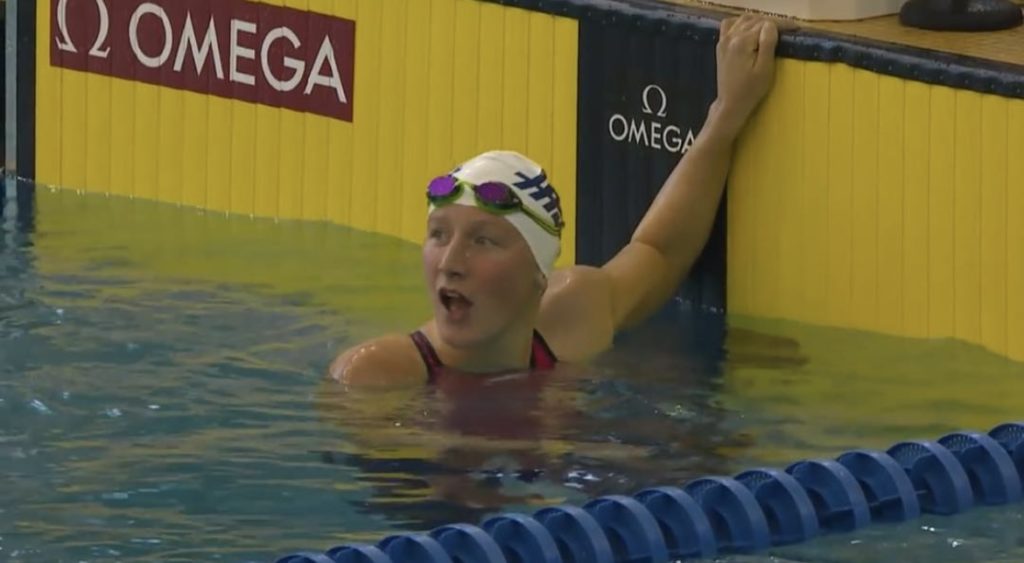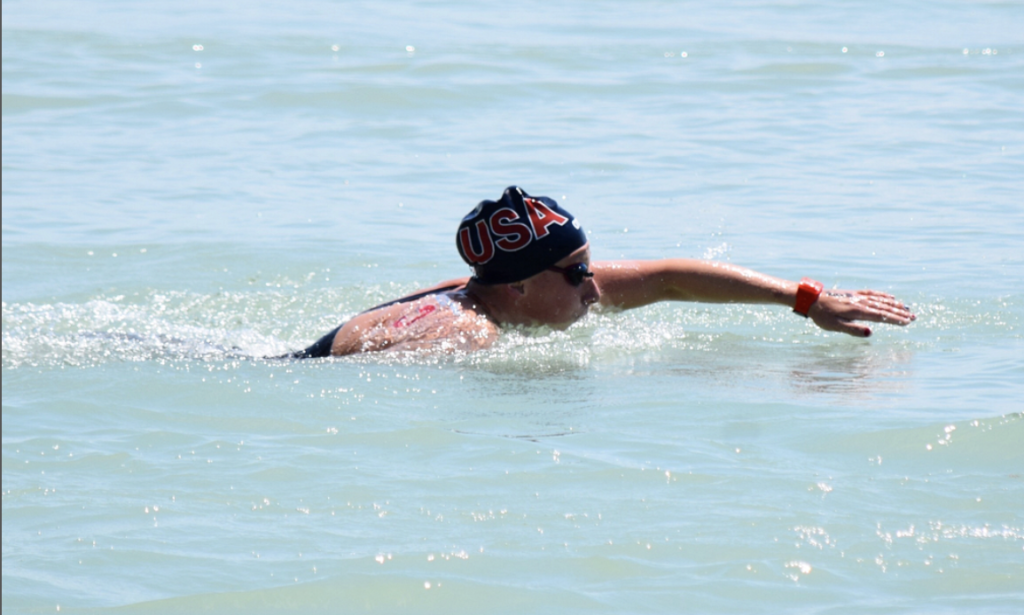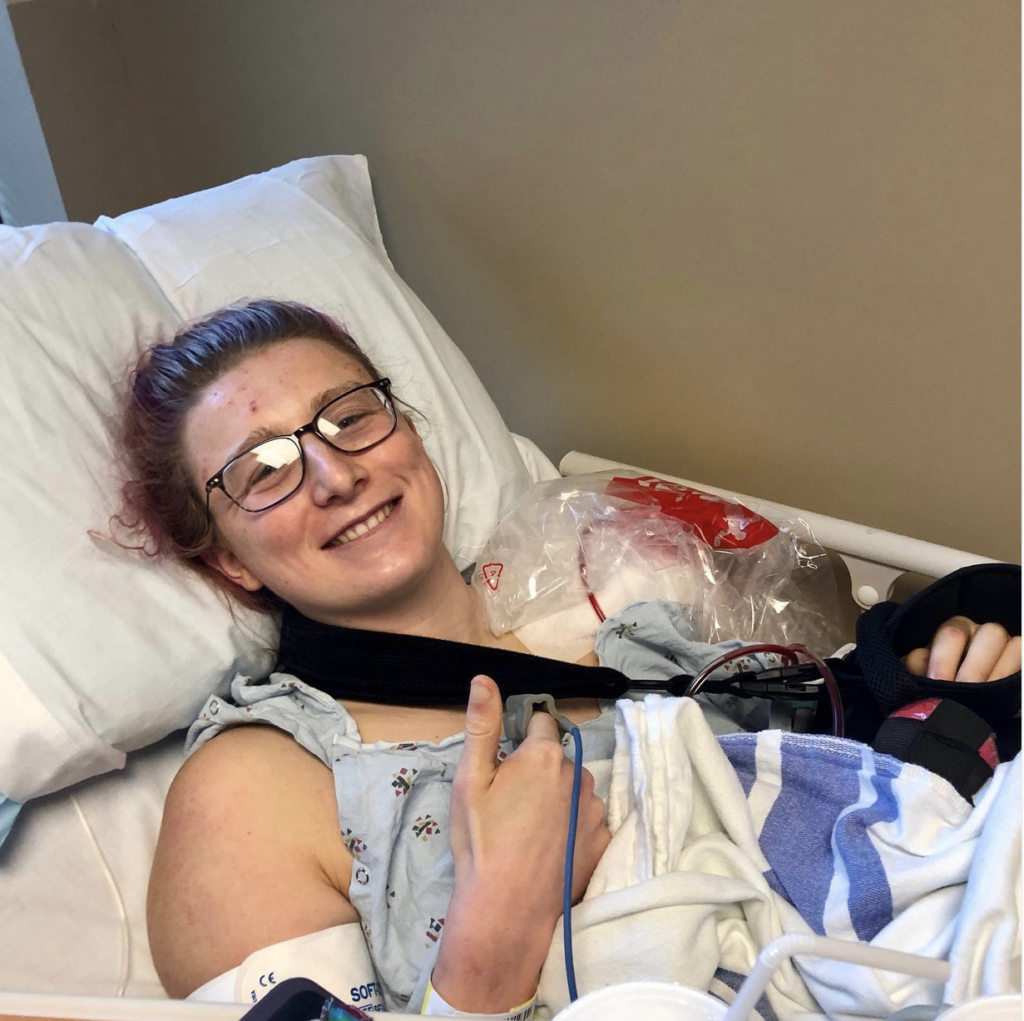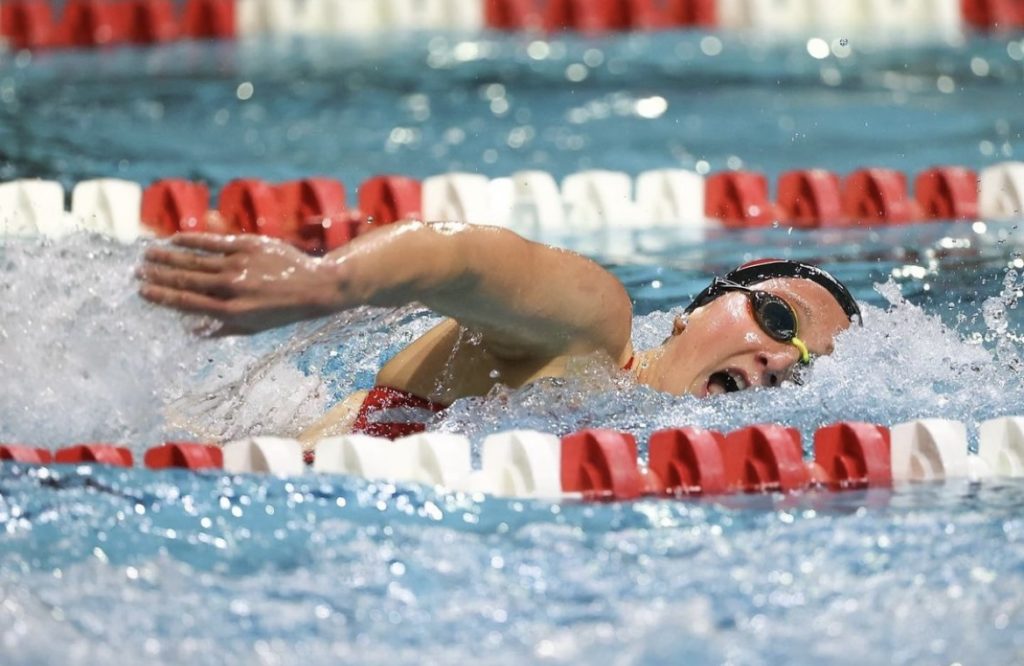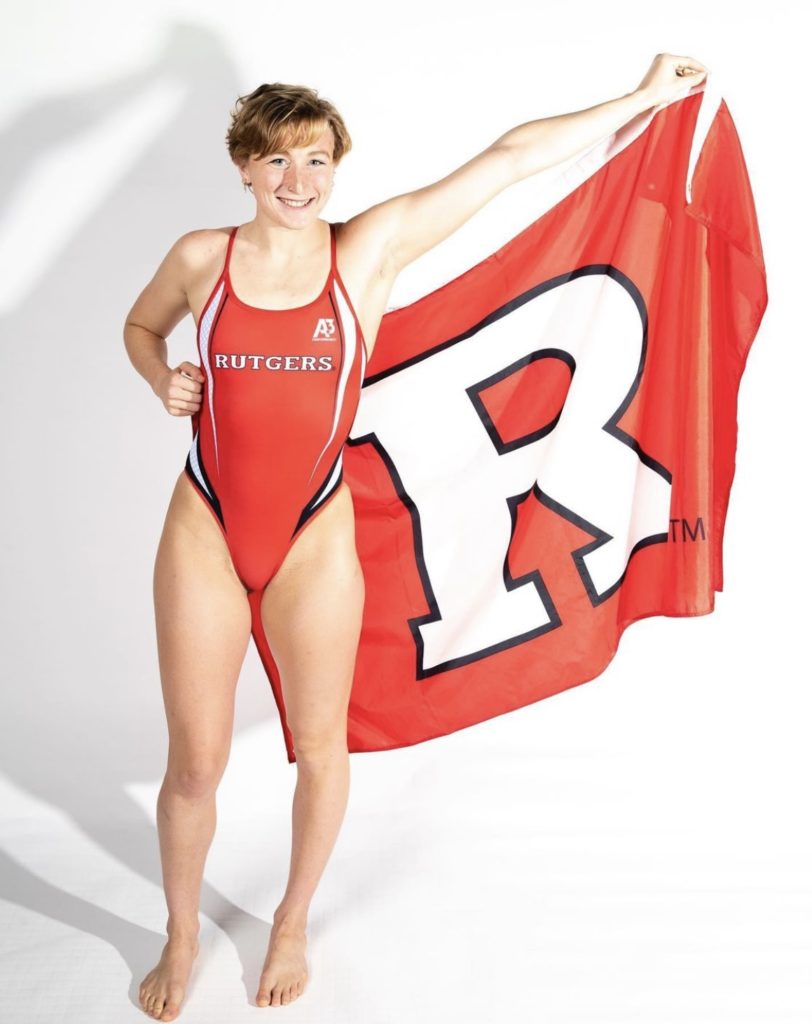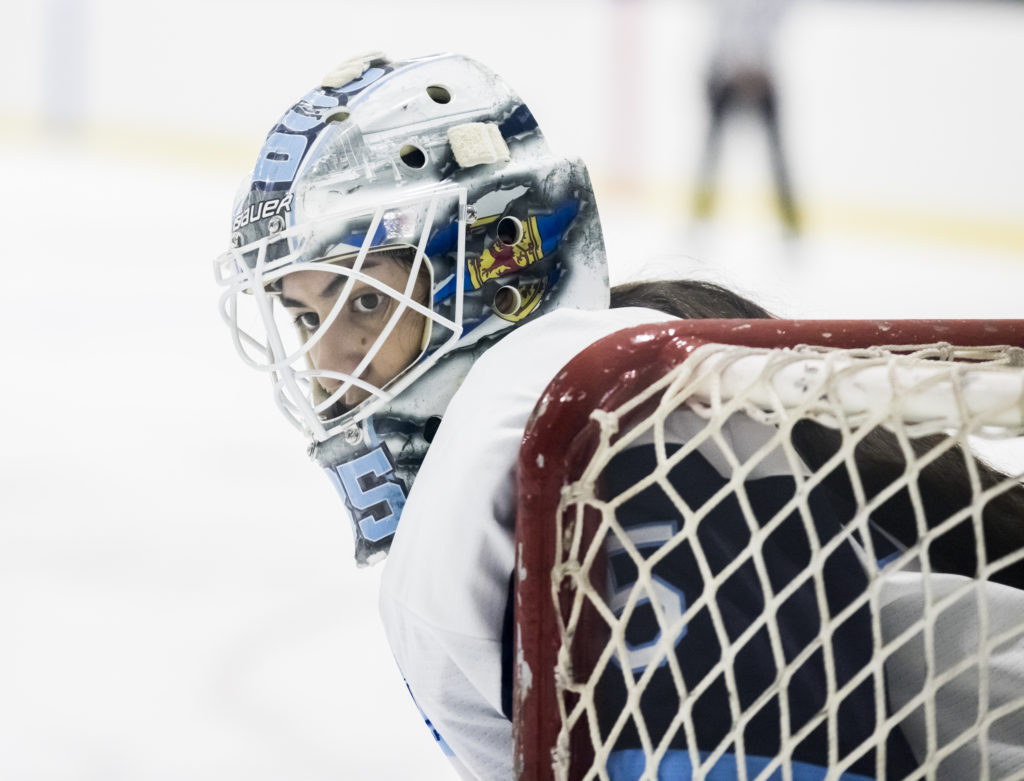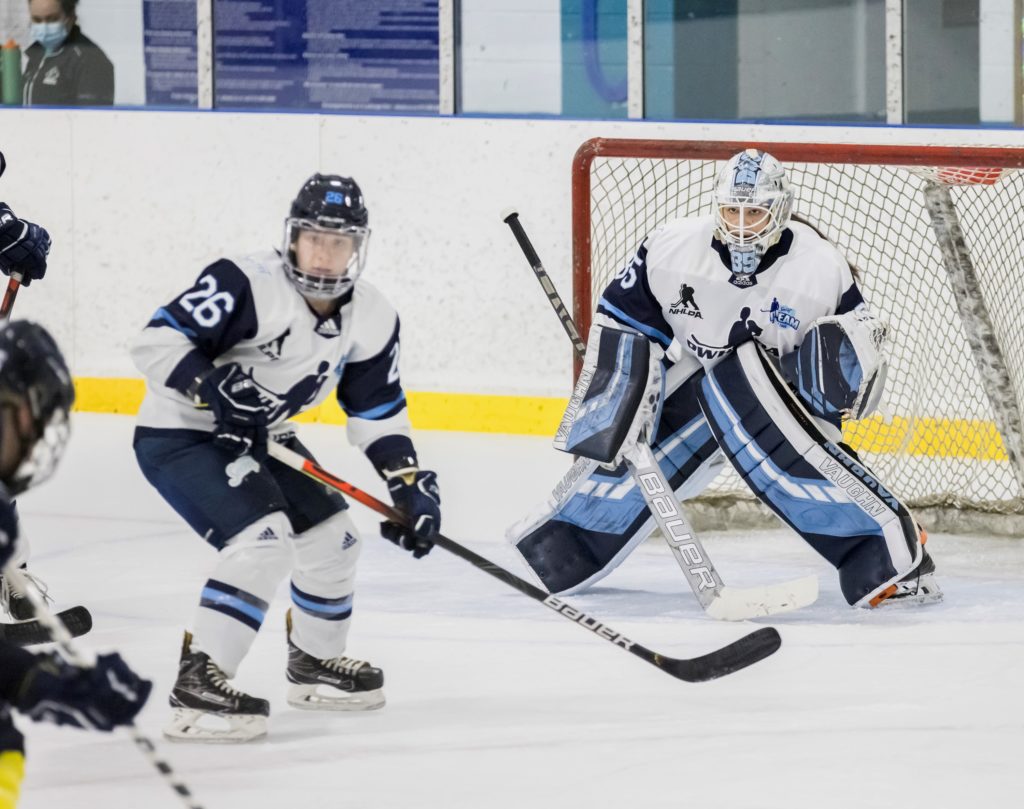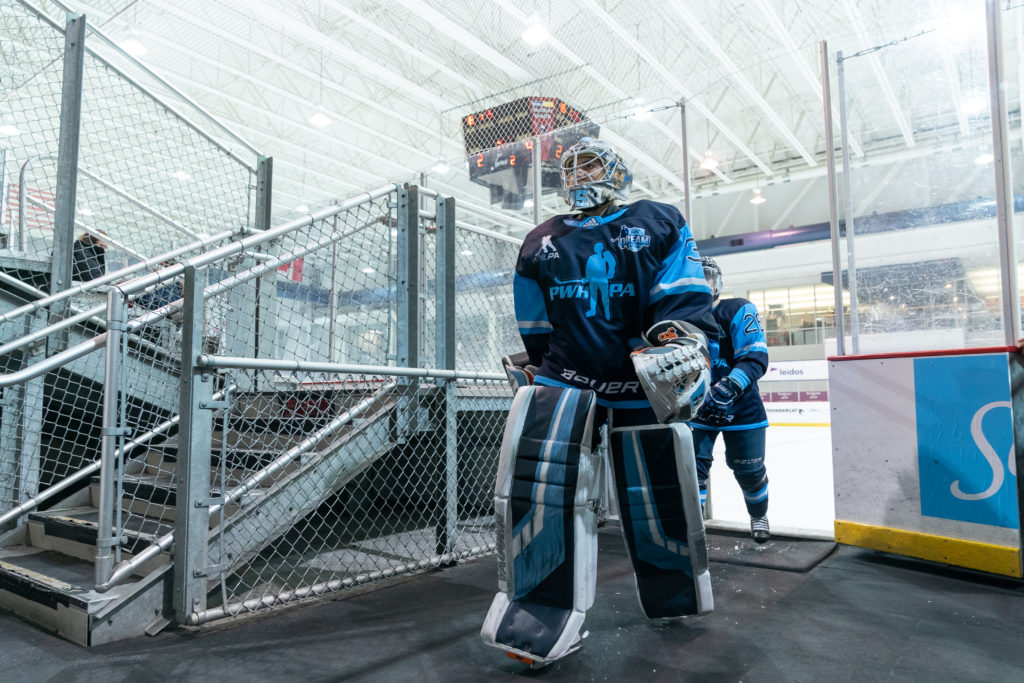You have to be the best. You are an athlete. Your sport is who you are.
By: Taylor Miller
Taylor Miller is a former Division III women’s basketball player at Otterbein University, where she earned her BA in Psychology with a minor in Sociology. She is now the Assistant Women’s Basketball Coach at the University of Virginia at Wise, where she mentors her student-athletes about who they are outside of the basketball court in hopes to help them find their identity outside of sports.
Photos courtesy of Taylor Miller
These are just a few of the ideas engrained into the minds of athletes at such a young age. Growing up, this is what I believed. I believed that athlete was who I was – I saw it as my identity – and I was never told any differently. Hard work. Dedication. Striving to be the best, and doing whatever it takes to get there. You spend hours upon hours dedicating yourself to the sport you love – to be the best at it, and once that final buzzer goes off – what then? Who are you now? I had no clue. I was lost. This is my story of identity loss and my struggle with anxiety, depression, and my eating disorder.
I grew up with a love for sports – playing sports, watching sports, and learning sports. From a young age, there was always a ball in my hand with a game on TV. I loved the competitiveness, the drive that college and professional athletes had, and the feeling of success after a big win. Growing up, I played multiple sports, but the one that I lived, breathed, and succumbed my life to was basketball. I would spend hours in my high school gym getting shots up, and running sprints, knowing I had the work ethic and drive to make my dream of playing college basketball a reality.
That work paid off. I went on to play four years of Division III basketball at Otterbein University. Those four years were hands-down the best years of my life – not because I set any records or won any awards, not because I was the best on the team, but because I got to be a college student-athlete, something I had worked so hard to be.

I was an athlete, a competitor – it’s who I had been my whole life. Twenty-two years, 16 as an “athlete”, 4 as a collegiate student-athlete. Then one day it was over – the final buzzer went off.
Taylor Miller
I struggled with anxiety much of my life growing up – social anxiety, separation anxiety, and performance anxiety. As I got older, I taught myself ways to avoid dealing with the anxiety, avoidance was my coping mechanism. I did everything in my power to avoid failure. I was afraid to fail – whether it was on the court, in the classroom, or just in life. I felt like if I failed, I was letting my coaches down, my teammates down, my family, and my friends down, but most importantly – I was letting myself down.
This avoidance, coupled with my competitive nature and athlete mentality, as well as my perfectionistic personality – was a recipe for disaster once my playing career had ended. Without basketball, I had nothing to work hard for, nothing to dedicate my time and energy to, and nothing to link my identity to anymore. I had always known who I was – a basketball player, a college athlete – at least that’s who I believed myself to be, and society reinforced that belief. Without that sense of purpose basketball served, I quickly began reaching for anything to fill the void.
Throughout my four years as a student-athlete, I worked hard to stay in shape and get stronger in the off-season. I found a love for running. It was something that I knew in my mind would only ever benefit me, and as I’ve said, I was always looking to find things to do that would benefit me and allow me to accomplish a goal or see a result. I began running consistently, trying to beat times and distances. It was something for a while I did for basketball, but something I stuck with when basketball was over.
My sister was a runner, my mom was a runner – so in my mind, if I couldn’t be an athlete, I could still be a runner.
Taylor Miller

It became a hobby of mine when I was searching for something to fill the gaps in my life. It began to become something that filled my sense of accomplishment, especially after I trained and ran my first half marathon. That feeling of crossing the finish line at 13.1 miles, knowing you trained for that moment, the feeling of accomplishment was exactly what I needed to help fill a few of those holes.
I decided I needed to make a change in my life – to follow another dream: becoming a college basketball coach. A career path that many athletes turned coaches knows is not an easy one to secure. After dozens of applications and emails, I was offered a graduate assistant coaching position at a Division III college in Madison, Wisconsin. It was a new start – a fresh clean slate. I could rebuild myself, my career, my passions, my drive.
Moving 8 hours away from home, by myself, already struggling with undiagnosed and untreated anxiety and depression, was the start of a slippery slope. With grad school being online, living in a 450 sq. ft. studio apartment by myself, and only having basketball-related duties after 4 pm every day, I had a lot of time alone with my thoughts – and those that know, mental illness thrives in an environment of loneliness and absence of social interaction. With all of my free time and a strong need for a sense of accomplishment, I leaned on the one thing I knew always filled that void: exercise.
Exercise quickly went from a hobby and way to cope with my anxiety and depression – to an unhealthy obsession. I never saw any of it as a problem – let alone a mental illness or health concern. I thought I was in the best shape of my life, I thought I was “taking care” of my body by exercising and eating “healthy”. I promise you, it never started as a focus on wanting to lose weight (which is what most people think is the cause of eating disorders). I truly convinced myself that I was keeping my body at peak performance and making sure I saw results. If I felt like I wasn’t seeing results, it heightened my drive to work harder, run longer, lift heavier, do more reps, eat less.

Soon, I lost sight of the bigger picture.
Taylor Miller
My panic attacks became more frequent, and depression started to creep in. Every aspect of my life felt like I was losing control – but what I could control were my exercising and my food intake. After finally seeking out a therapist, I was diagnosed with Anorexia Nervosa and referred to an eating disorder dietitian and doctor – both of whom knew I needed help – and fast. My physical health started to quickly decline, and my body was essentially fighting for its life – looking for any nutrition it could get to function.
Within a week – I went from still running and doing daily life – to barely being able to get off the couch without needing assistance. I have never in my athletic life felt as weak – mentally and physically – as I did at that point. I lost an extremely concerning amount of weight in a very, very short amount of time, and my body was about to give up on trying to stay alive. A week later I admitted myself into an inpatient facility back home in Cincinnati, OH. This is where I spent 42 days in a psychiatric hospital with restrictions of little to no movement and a re-feeding plan coordinated by my new treatment team.
Forty-two days. The toughest, most challenging, most soul-searching 42 days of my entire life. After being discharged, I spent another 4 months in step-down treatment facilities. Six total months. Six months of dedicating every waking moment focused on recovering from an illness that almost took my life. An illness that I almost let win. But with the help of my treatment team, incredible people struggling with this illness, my support system, and therapy and skills education, I was able to take a step back and look at my life, my purpose, and what I wanted my future to look like. I knew I did not want my future to include my eating disorder. I knew recovery wouldn’t be easy, but I had been through the hardest six months of my life, and I knew with my work ethic, my dedication, and my self-awareness, I could beat my ED.
My recovery journey began on February 26th, 2020, when I admitted myself to the inpatient psychiatric facility. It’s been 3 years. And it’s been nowhere near easy, but my experiences with my mental health – my anxiety, my depression, my eating disorder – have given me a perspective on life that I wouldn’t change for anything. It made me prioritize my mental health, and my physical health and keep myself balanced between my passion for exercise and goal setting and fueling my body correctly.
It’s taken a lot of work, and a few instances of relapses, but every single day is an opportunity to take a step forward. I’ve since become a Division II Assistant Women’s basketball coach at the University of Virginia’s College at Wise in Southwest Virginia – living out my dream with a better mindset and knowledge of who I am and what my true purpose in life is. I now walk through life with a new appreciation and awareness for student-athlete mental health and have conversations with student-athletes about who they are as people, not athletes.

I hope that my story, my journey, can help open the eyes of student-athletes – current and former – to know that their identity is not just athlete.
Taylor Miller
To have conversations about life after sport before it’s too late. To realize that disordered eating and eating disorders amongst student-athletes are so common, and something that needs more light shed on it. It only takes one story, one moment, that can change a life. Reach out, ask for help, and live your story. Mental health is real. Eating disorders are real. Athletes are real people. It’s all real, so let’s talk about it. Let’s make a change. Let’s erase the stigma of student-athlete mental health.
It starts with us.



